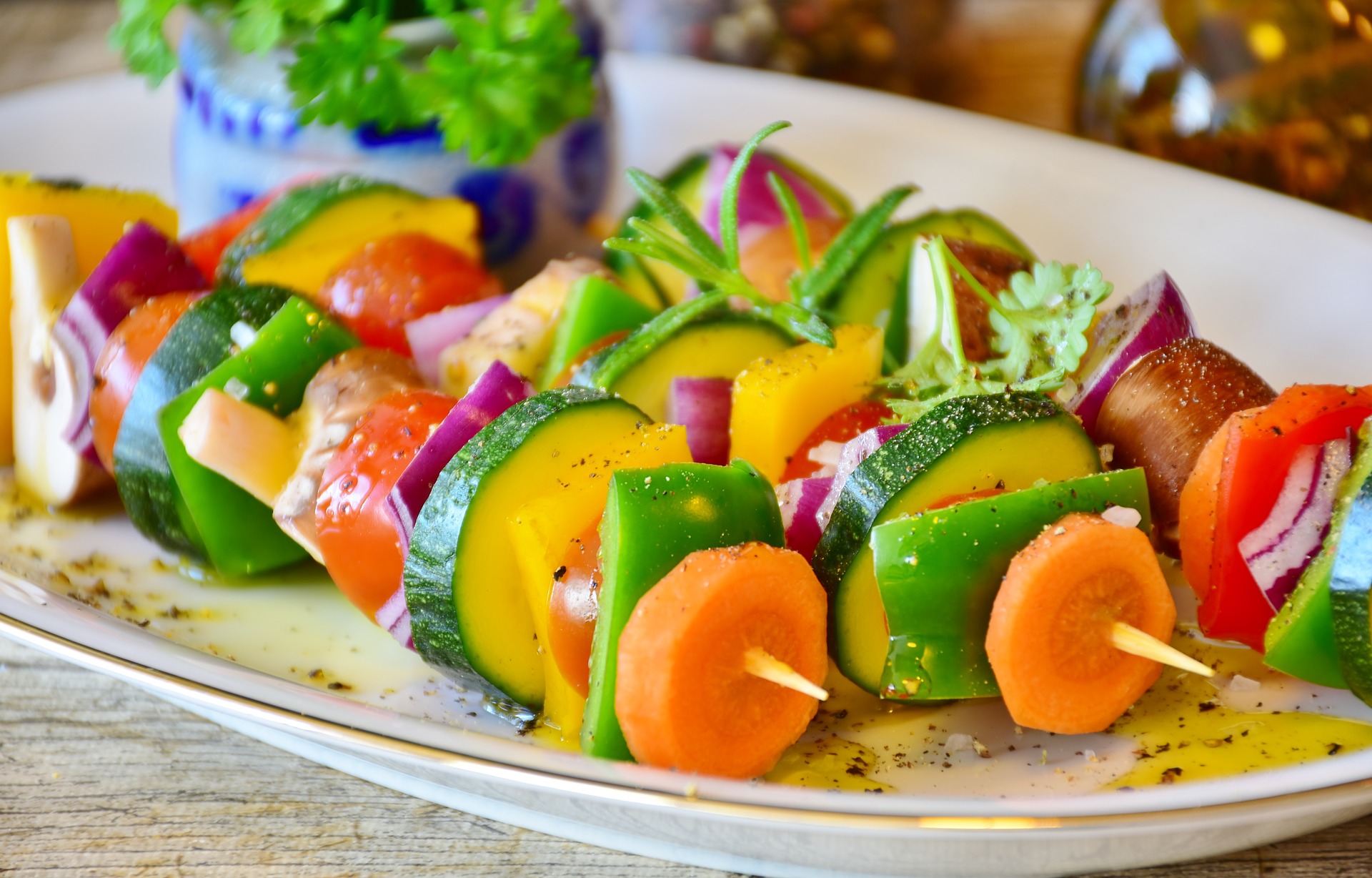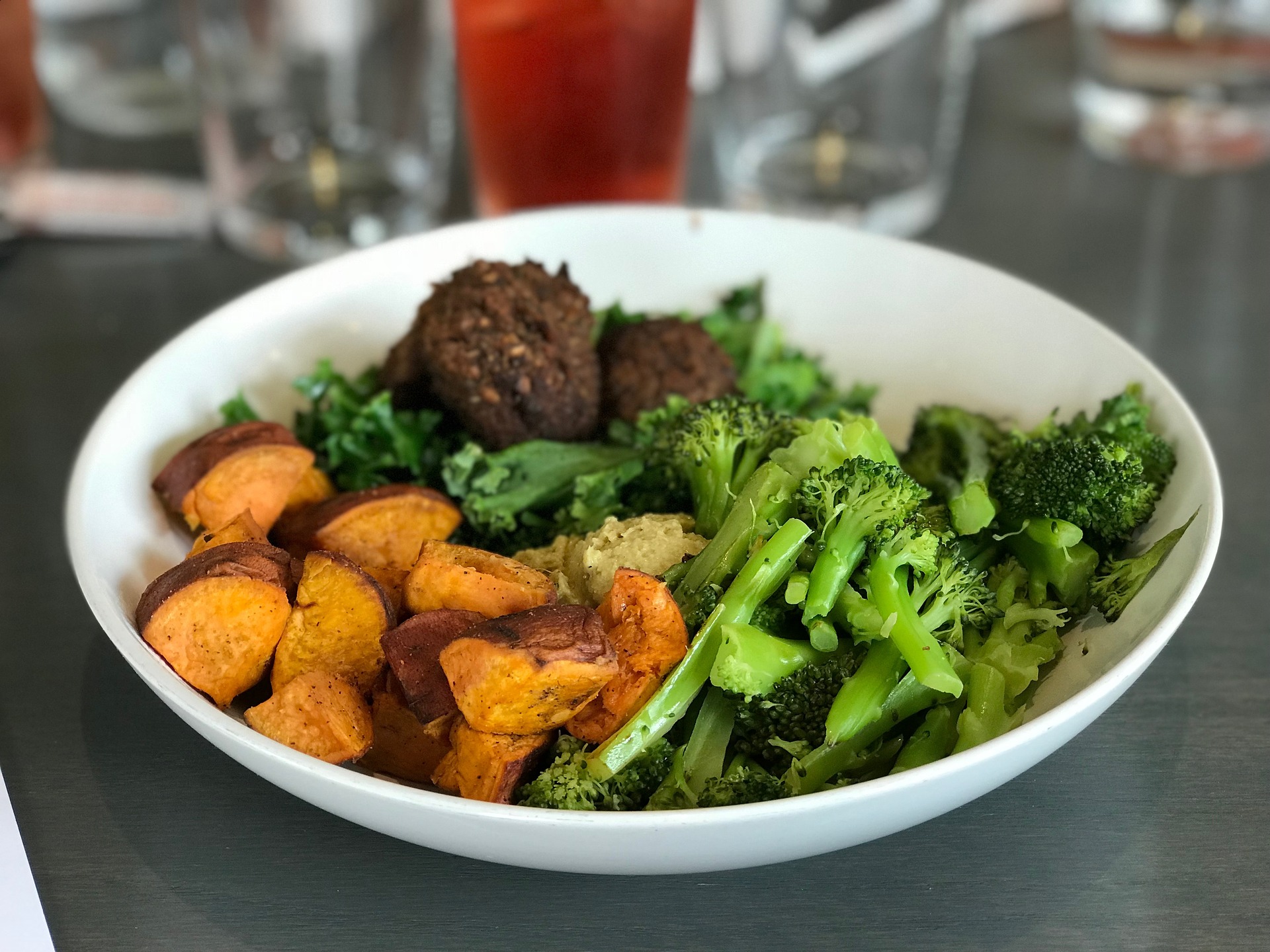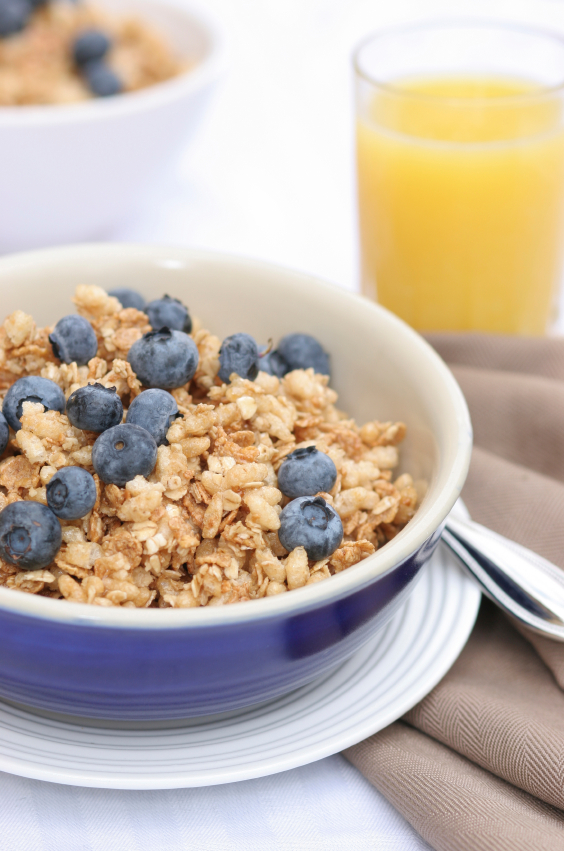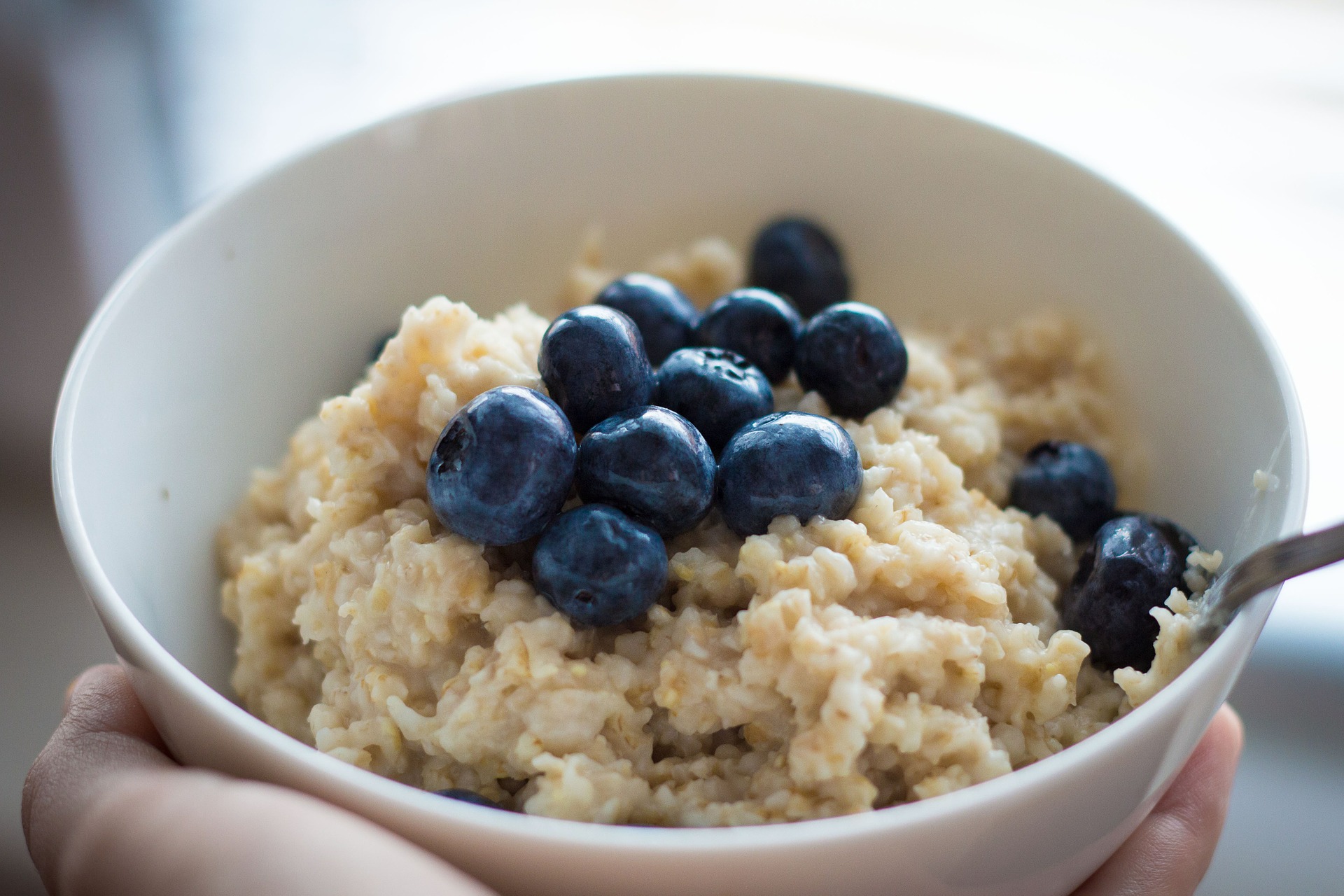Eating a plant based diet for weight loss can be effective, and create a slew of additional health benefits when done properly. A plant-based diet (sometimes called vegan, though they’re not always identical) includes fruits, vegetables, whole grains, nuts, legumes, and foods made solely of these ingredients. It excludes foods derived from animals like meat, dairy products, eggs, and gelatin.
Plant-based eating is most effective for weight loss and wellness when eating whole, unprocessed plant-based foods – but it’s not always so simple to determine what’s acceptable. Here are some easily digestible principles to keep in mind if you want to feel great and lose weight on this diet:
The healthiest plant foods don’t come with labels
Where do you go in the supermarket to find the best selection of plant-based foods? It’s not the frozen aisle, that’s for sure. Look to the produce section for the bulk of your plant-based diet shopping.
Whole, fresh, colorful avocados, peppers, kale, and fruits and veggies in general don’t need buzzwords to boost their health profile. Make fruits and veggies the priority and processed plant-based products secondary. Try to eat the rainbow!

Watch out for imposter plant-based health foods
Because veganism and plant-based diets are trending these days, there are many flashy new items popping up in grocery stores that boast plant-based, vegan, and vegetarian headlines. But some of them are as processed and laden with high sugar, oil, and sodium content as their non-plant-based shelf-mates.
In other words, processed cookies, chips, frozen convenience foods, and the like made of plant ingredients are still likely as junk food-ish as the standard products.

How to know what’s acceptable
When you can’t rely solely on whole produce, whole grains, and legumes, pay attention to labels and avoid products with high sugar, high sodium, and blended oils. Additionally, unrecognizable or unpronounceable ingredients are good ones to avoid.
When buying veggie burgers for example, look for ones with the most nutritional value per serving while also taking into account texture and thickness. Brands like Beyond Burger and Impossible Burger will have the staunchest meat eater eyeing your plate at the next cookout.
How does a plant-based diet help with weight loss?
Technically, regular potato chips and french fries are plant-based foods. So, you can begin to see how a plant-based diet doesn’t necessarily mean food is healthy.
But when you eat a balanced diet from whole, plant-based foods, you’re diet will generally be cleaner and healthier. You’ll be consuming more nutrients that propel weight loss, decrease inflammation, and decrease your risk of diseases like cancer, heart disease, and diabetes. And because plant-based eating will automatically have you consuming more fiber and other nutrients linked to weight loss, you’ll have a leg up on wellness and attaining your weight goals at the same time.
Whole grains are the good grains
There’s a big difference between complex carbohydrates like whole grains and processed carbohydrates like pastas and breakfast cereals. Some examples of whole grains that are encouraged on a plant-based diet are brown rice, quinoa, and millet. Limit the cracked grains and processed products like bread and tortillas to twice a week if you are trying to lose weight.

Beans and legumes once a day
Beans are low in fat and calories and high in fiber, protein, and other nutrients. Cook them with minimal oil whether canned or from scratch and you’ll find they’re a filling and satisfying way to maintain variety and nutrition on your plant-based health plan. Try using chickpeas, black beans, and lentils from a variety of recipes to create delicious and enjoyable meals for you, your whole family, and guests. Tofu and tempeh are also great options, though sparingly as these items can be a gateway to more heavily processed plant-based foods for some people.

Where else can I get my protein?
Half the fun in a lifestyle and or dietary transition like this is how much you truly begin to learn about food. Many vegetables are also rich in protein. You can’t go wrong with lots of vegetables on a plant-based meal plan, but if you’re looking to increase your protein intake, keep dark leafy greens like collards and kale in mind. Broccoli, peas, spinach, sprouts, mushrooms, brussels sprouts, and artichokes are also high in protein. Keep a container of hemp seed and hemp protein powder on-hand as well to add to fruit and veggie shakes and smoothies.
Know the difference between fruits and vegetables
Many people know a tomato is a fruit. Same goes for avocados. But did you know that bell peppers (and all peppers, in fact) are fruits? And all squashes? The rule of thumb is to go by whether an item has any seeds. If it does, it’s technically a fruit.
This is worth noting, because fruits generally have more sugar than most vegetables. And just because sugar from fruit is less processed than sugar that ends up in cake, that doesn’t mean a gorging on watermelon is entirely different from snacking on candies. Overdoing it on sugar can lead to weight gain, which is the opposite of what we’re going for. So keep sugar content in mind when you’re planning balanced, plant-based meals.

Plant based diet weight loss vs. weight loss on other diets
Plant-based diet weight loss can be a better experience than weight loss on other diets because you’re not excluding anything from that your body needs. That’s different from high-protein diets, for example, which are often hard to follow and exclude fruits, veggies, grains, and other carbohydrates that supply important vitamins and nutrients. When you’re getting all of the nutrients, energy, and benefits from a well-balanced plant-based health plan, it’s more enjoyable, nourishing, and satiating. And therefore easier to stick to and incorporate as a lifestyle change for the long term.
Crash diets and restrictive diets for fast, extreme weight loss always come to an end so the weight sneaks back eventually. Additionally, the best part about whole food plant-based eating (or a WFPB diet) is that calories are generally lower in these foods by default, and it’s easier to enjoy eating healthy without policing yourself on a constant basis.

It’s not just a diet, it’s a lifestyle
Even if a plant-based diet sounds like an alluring (and delicious) approach to weight loss, you might not feel so optimistic about your chances of success. Noom can help you stay on track. We’re a holistic weight loss program that provides expert coaching, a vibrant community, and even help with recipes. We’re here to help you succeed in your immediate and lifelong goals. Come learn more about us!










